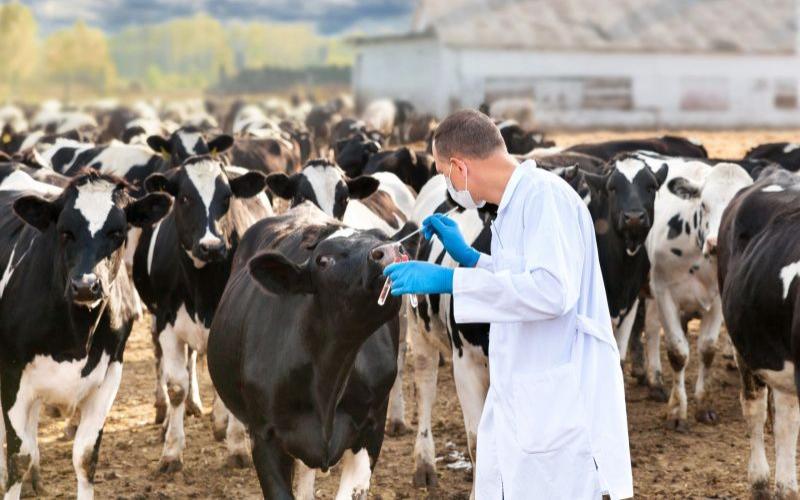Challenges Loom for Greece's Dairy and Meat Industries
Sourse: www.tovima.com
Greece's dairy industry faces a crisis with declining livestock and farmer numbers, affecting milk availability and key dairy product production.

Greece's dairy industry is facing a challenging period as a decline in both the number of dairy farmers and livestock reduces the availability of fresh milk for processing. This shortage threatens the production of key dairy products, from fresh milk and yogurt to butter, cream, and a wide range of cheeses.The decrease in fresh milk directly affects:
Kazanas stressed that price increases for consumers are often disproportionate, noting that retail prices can be up to three times higher than producer prices. The livestock shortage is affecting meat markets as well. Lamb prices have risen sharply due to disease outbreaks and a reduced animal population. Producer prices are around €10/kg, with wholesale prices averaging €13.50/kg, making retail prices under €14/kg rare.
Antonis Tsitsas, a livestock farmer, explained that the outbreak of sheep and goat disease in Thessaly has already led to the culling of over 110,000 animals, further limiting supply.The combination of fewer farmers, lower livestock numbers, and ongoing animal diseases is creating pressure on both dairy and meat markets in Greece. Consumers can expect higher prices across a range of essential products, and industry experts warn that the trend may continue unless measures are taken to support farmers and replenish livestock.
- Cow’s milk and evaporated milk
- Strained yogurt
- Butter and cream
- Cheeses such as feta, kefalotyri, kasseri, graviera, cheddar, gouda, mozzarella, and parmesan
- Ice cream
Kazanas stressed that price increases for consumers are often disproportionate, noting that retail prices can be up to three times higher than producer prices. The livestock shortage is affecting meat markets as well. Lamb prices have risen sharply due to disease outbreaks and a reduced animal population. Producer prices are around €10/kg, with wholesale prices averaging €13.50/kg, making retail prices under €14/kg rare.
Antonis Tsitsas, a livestock farmer, explained that the outbreak of sheep and goat disease in Thessaly has already led to the culling of over 110,000 animals, further limiting supply.The combination of fewer farmers, lower livestock numbers, and ongoing animal diseases is creating pressure on both dairy and meat markets in Greece. Consumers can expect higher prices across a range of essential products, and industry experts warn that the trend may continue unless measures are taken to support farmers and replenish livestock.
Key News of the Week










